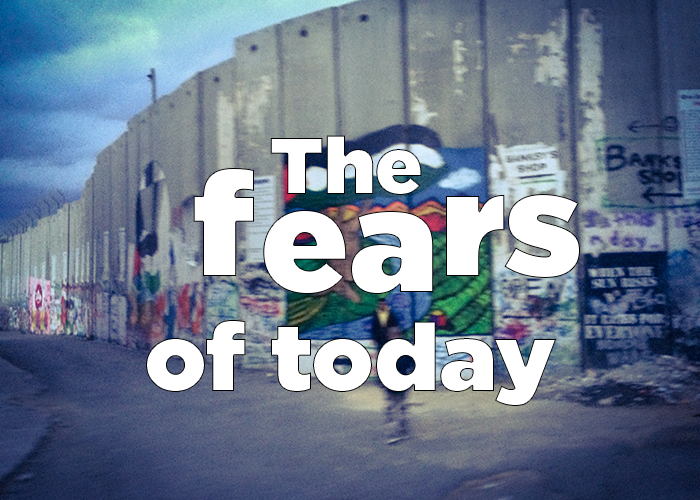
The Western world has never lived in an era more prosperous, peaceful and rich in discoveries. Countries in the west have gone long period without a war in their homelands. Yet as never before, today society has fears about the future. I spoke recently with a friend and asked him feared. I was stunned by his response: “the fear of the other”, the pessimism generated by the economic crisis, the lack of jobs and social insecurity. These are a tangle of heterogeneous fears that are mixed together and compound one another, which are then amplified by the media. The result is that fear paralyzes the contemporary person with a sense of insecurity and feelings of anguish without end.
The strength of the news
But the real novelty lies in the importance and speed of communication today. We are immediately aware of a murder or a catastrophe anywhere in the world. This creates an atmosphere that fosters a feeling of constant coercion and fear. This explanation can seem a bit artificial. However,we live with the feeling that everything is connected, everything is related. Thus when a nationalistic rhetoric defends national interests rather than responds to universal human values and international obligations, attitudes of racism and xenophobia develop. The enemy is not easily located. Nationalistic parties have played a good game of discrediting any beneficial action outside of one’s own country. In this way, solidarity is lost on the road in favor of fictitious national sovereignty. Community solutions to common problems have become impossible.
A return to reflection
Horizontal communication can give many answers, but they are often just “I like” or “I do not like.” The best antidote to fear is a return to the interior life. Our world is artificially extroverted for economic reasons because the inner reality is something difficult to sell. It remains true, however, that our quality of life is improved by a more introspective attitude, from a depth that allows us to understand and digest the news little by little. On the other hand, a more balanced life is not upset by all the changes that fall upon us. We need to have a better relationship with time. Perpetual access has fractured our relationship with time. We expect reactions to be immediate; we no longer expect or develop reasoned thought. This facilitates a sense of fear. Fear only serves to encourage individualism, it precludes the ability to build new relationships. This is manifested both at a personal level and in international relations. The foundation of social security is social justice, which poses that every person has a right to have sufficient means to meet vital needs. This understanding includes restrictions on individuals that are necessary to achieve a general public interest.


